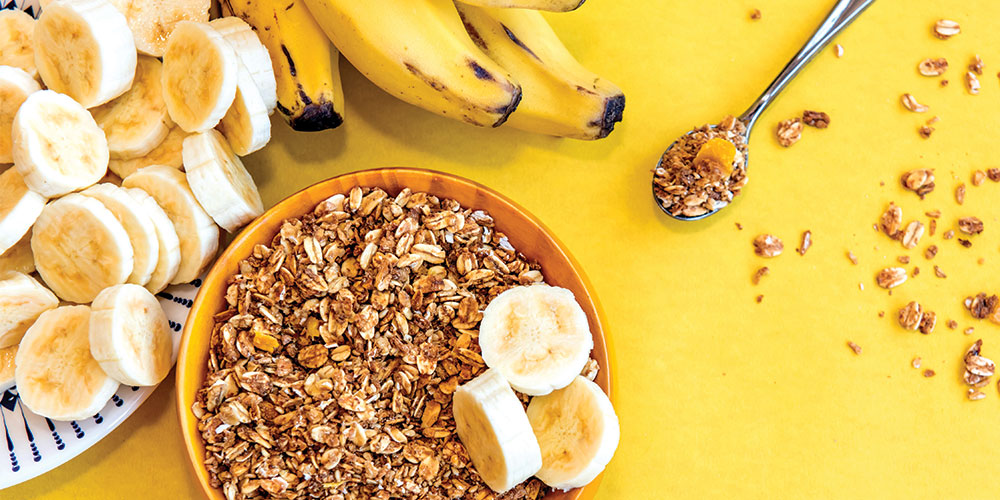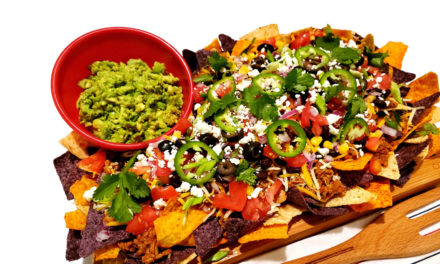Whether you’re running for fun or racing to win, you need an individualized fueling and hydration plan that matches the demands of your marathon-training schedule. Training runs are opportunities to practice your race-day nutrition plan. Begin to lay the foundation and find what works for you with the following strategies:
Before Training
Before any type of physical activity, focus on the body’s preferred fuel source: carbohydrates. How much you’ll need to eat depends on how much time you have to digest and how long you’re running. With three to four hours before a run, it’s typically safe to eat a complete meal. For runners who prefer to roll out of bed and train, be sure to fuel well the night before and grab a snack before heading out the door. The sooner your training session begins, the more careful you should be to opt for low fat and low fiber foods, steering clear of strong or spicy flavors.
OUR FAVORITE GO-TO PRE-RUN SNACKS INCLUDE:
• Bagels, toast, or frozen waffles with peanut butter and/or jelly
• Bananas
• Graham crackers
• Granola bars
• Dry cereal
Consider topping off your tank with 5–10 fluid ounces of a sports drink immediately before runs.
The best tip for eating before a run? Experiment during training to find what works for you, and stick with your tried and true fuel on race day!
After Training
After your run, it’s time to refuel, repair, rehydrate, and recover with a combination of fluids, protein, and carbohydrates. Plan to eat as soon as possible within the hour (ideally half hour) to replenish glycogen stores, prevent further muscle breakdown, and begin rebuilding muscle in preparation for your next training session. A 3:1 or 4:1 carbohydrate to protein ratio is recommended for refueling, but don’t be too nitpicky with the numbers.
TOP PRIORITIES FOR POST-RUN INCLUDE:
• Make sure you’re eating enough
• Choose a variety of foods (for a variety of nutrients)
• Eat regularly throughout the day
Keep in mind that as long runs get longer, you may experience changes in appetite or gastrointestinal distress. When feeling sick or experiencing loss of appetite, begin refueling with liquids like chocolate milk or a fruit smoothie. For longer runs, plan a snack like a yogurt parfait, energy balls or bars, salted nuts and pretzels, or turkey roll-up…shortly followed by a balanced meal. Shorter training runs may be followed by your next regularly scheduled meal or snack.
Personalization and practice is key to ensure your fueling plan works for you! If you’re ready to ditch one-size-fits-all plans, reach out to the sports RDs at Memphis Nutrition Group to optimize your performance and health.
Fueling before and after training runs is crucial. Remember to also dial in your nutrition DURING long runs of ~75 minutes or more, paying special attention to fueling with plenty of fluid, electrolytes, and carbohydrates along the way.
Blair Mize, MS, RDN, CSSD, LDN, CEDRD-S is co-owner of Memphis Nutrition Group, a nutrition and lifestyle counseling practice offering in-person and virtual nutrition therapy specializing in a non-diet, weight-neutral approach. The Registered Dietitians at Memphis Nutrition Group help individuals reconnect with their bodies, find confidence and clarity in their everyday choices, and create a peaceful, balanced approach to food that tastes good and feels even better. Contact Memphis Nutrition Group at 901.343.6146 or visit MemphisNutritionGroup.com for more information.







